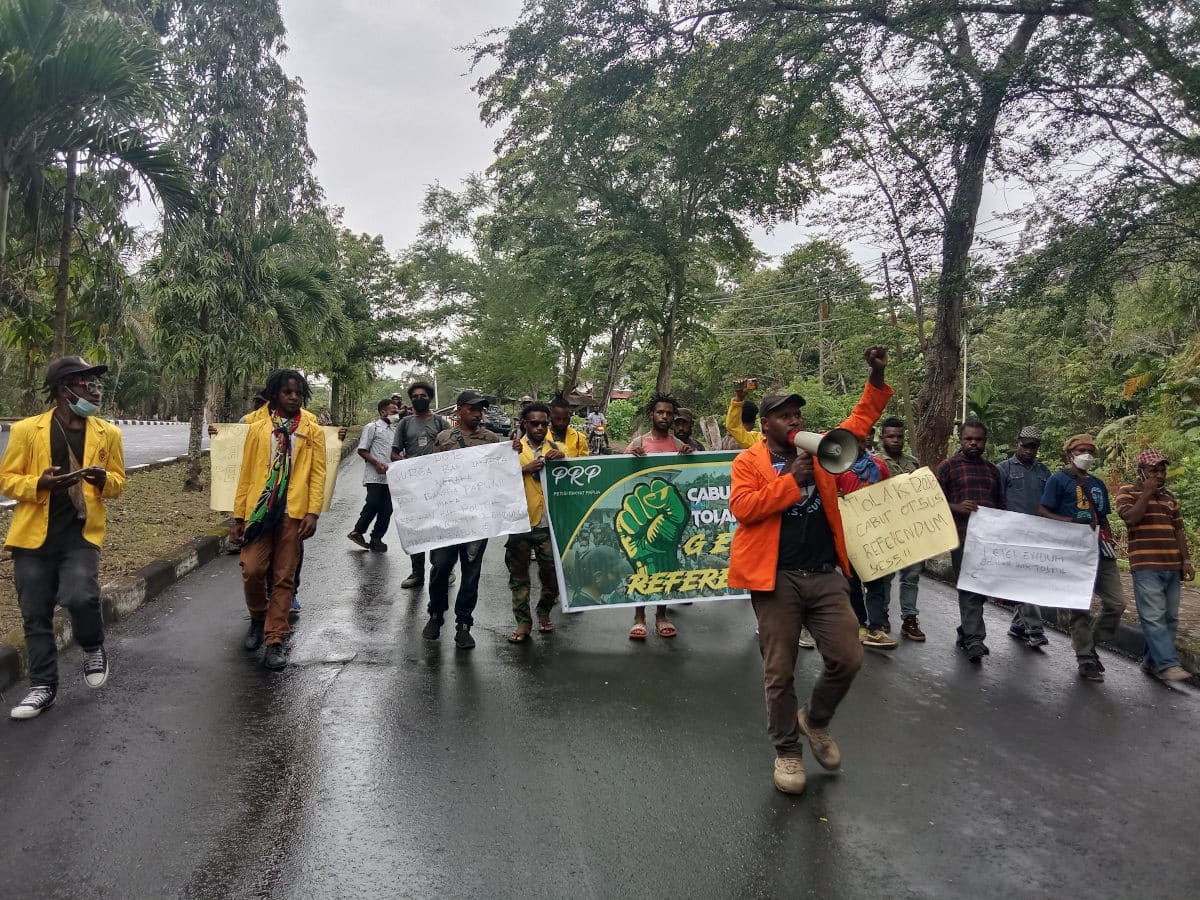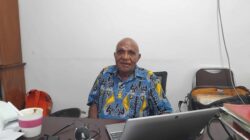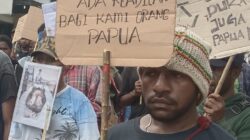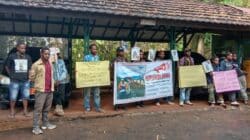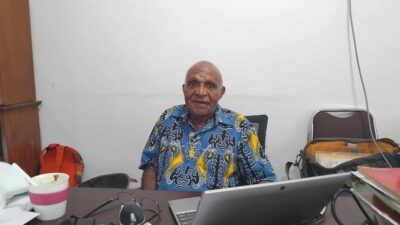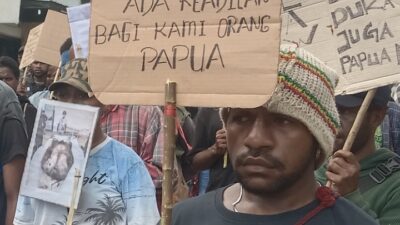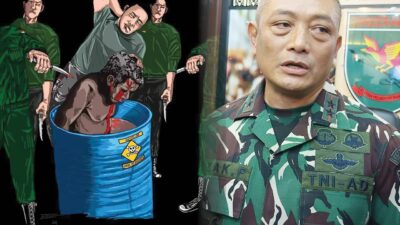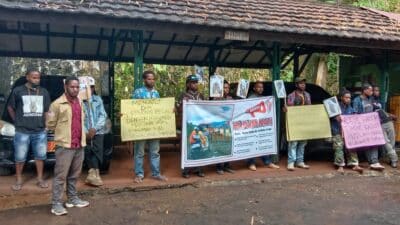Jayapura, Jubi – Head of the Cenderawasih University’s Truth and Reconciliation Commission (KKR) Team Melkias Hetharia said that the formation of the KKR was the right solution to resolve human rights violations in Papua and build peace. This was conveyed by Hetharia in an online discussion held by the Alliance for Democracy for Papua on Friday, July 29, 2022.
Hetharia said the Truth and Reconciliation Commission would be tasked with revealing the truth through investigations into human rights violations in Papua. An honest confession and a sincere apology from the perpetrator are much needed.
“That way, reconciliation will be made between victims and the state as an actor of violence. We hope to create a situation free of fear,” he said.
Hetharia said that to encourage the establishment of the KKR, several activities have been carried out such as seminars and focus group discussions in Papua and Jakarta.
According to Hetharia, members of the KKR must come from a neutral and professional background, consisting of academicians, human rights activists, as well as women activists. “They (KKR members) must be completely neutral. They cannot side with the victim or the perpetrator,” he said.
Hetharia said that in order to be able to carry out its duties, the Truth and Reconciliation Commission will be divided into four sub-commissions, namely the Truth Disclosure Sub-commission; Amnesty Sub-commission; Compensation, Restitution, and Rehabilitation Sub-commission; and most importantly, the Papuan History Clarification sub-commission.
Hetharia explained that the KKR would investigate human rights violations that occurred past 1963 for cases that the judiciary had not decided. Among the things that need to be investigated by the Truth and Reconciliation Commission are massacres, violence, torture, kidnapping, detention, murder, sexual violence, rape, and enforced disappearances on a small or large scale.
“In short, the cases investigated are as stated in Law No. 9/1999 on Human Rights and Law No. 26/2000 on Human Rights Courts,” he said. (*)


